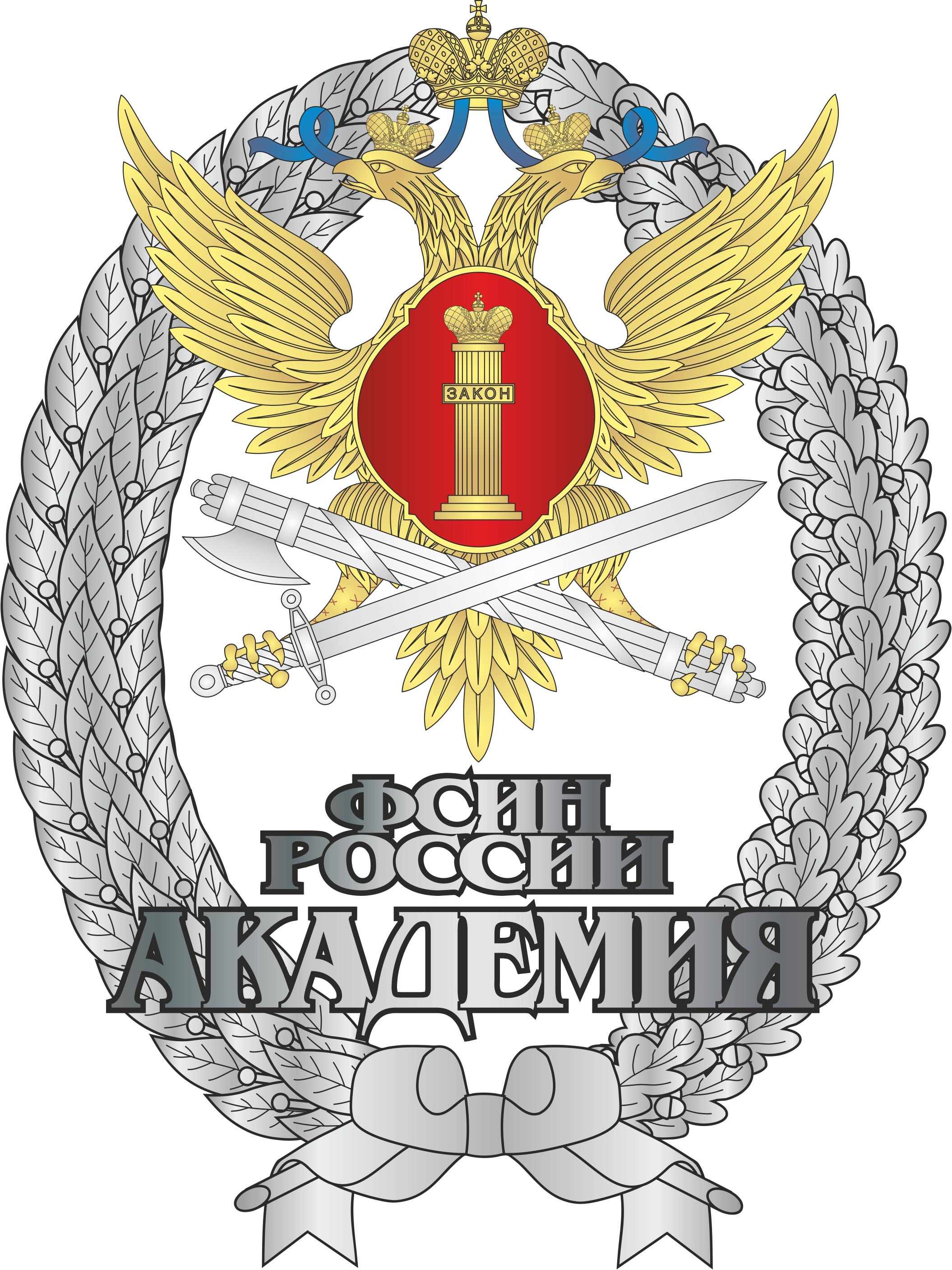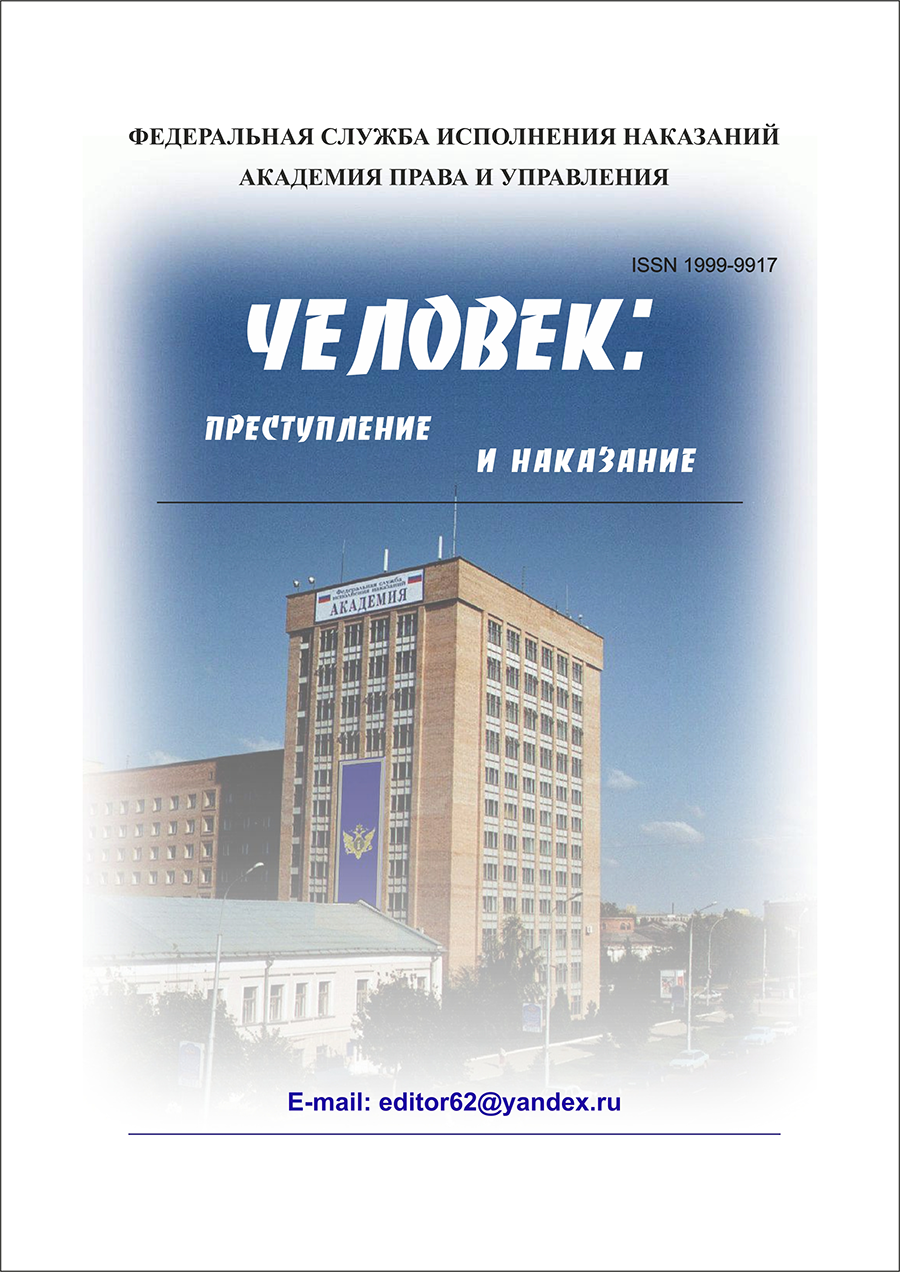The article examines the economic and legal, socio-political, informational, epidemiological determinants that have caused changes in Russian society, talks about a new territorial and legal structure, comprehensive informatization, COVID-19 coronavirus infection and the multilateral influence of these factors on the state of crime. The question is raised about the practical need for the formation of new types of forensic characteristics and the development of investigative techniques based on them, taking into account the specifics of the crime scene, thereby intensifying the activities of the inquirer, investigator. Two groups of criminalistic characteristics are distinguished: the first - according to the degree of generality and interrelation of the data that make up them, the second includes typical data on crimes committed in certain territories. This approach to the development of forensic characteristics will allow methodological recommendations to take into account the peculiarities of the territory where a specific crime is being investigated.
criminalistic characteristics of crime, classification, informatization, pandemic of coronavirus infection COVID-19, investigation methodology
1. Kolesnichenko A. N. Nauchnye i pravovye osnovy rassledovaniya otdel'nyh vidov prestupleniy : avtoref. dis. … d-ra yurid. nauk. Har'kov, 1967. 28 s
2. Shuruhnov N. G., Kolyuzhnyy A. N. Izuchenie mesta proisshestviya o posyagatel'stve na svobodu lichnosti, zafiksirovannogo s ispol'zovaniem bespilotnogo letatel'nogo apparata // Vestnik Dal'nevostochnogo yuridicheskogo instituta MVD Rossii. 2021. № 3(56). S. 73-78
3. Zuev E. I., Shuruhnov N. G. Kriminalisticheskaya harakteristika prestupleniy // Kriminalistika (aktual'nye problemy). M., 1988. S. 119-133
4. Afanas'ev V. G. Obschestvo: sistemnost', poznanie i upravlenie. M. : Politizdat, 1981. 432 s
5. Kedrov B. M. Istoriya i sociologiya. M., 1964. 341 s
6. Kopnin P. V. Dialektika kak logika i teoriya poznaniya. M. : Nauka, 1973. 324 s
7. Belkin R., Byhovskiy I., Dulov A. Modnoe uvlechenie ili novoe slovo v nauke // Socialisticheskaya zakonnost'. 1987. № 9. S. 56-58
8. Oblakov A. F. Kriminalisticheskaya harakteristika prestupleniy i sledstvennye situacii. Habarovsk : Habarovskaya vysshaya shkola MVD SSSR, 1985. 86 s
9. Gavrilin Yu. V. O nauchnyh podhodah k probleme ispol'zovaniya informacionnotelekommunikacionnyh tehnologiy v prestupnyh celyah : nauch. dokl. M., 2020. 52 s
10. Shuruhnov N. G., Kuznecova I. A. Ugolovno-pravovaya kvalifikaciya i rassledovanie vzyatochnichestva: pravovye i metodologicheskie voprosy. Tula : Tul'skiy institut (filial) VGUYu (RPA Minyusta Rossii), 2016. 229 s









